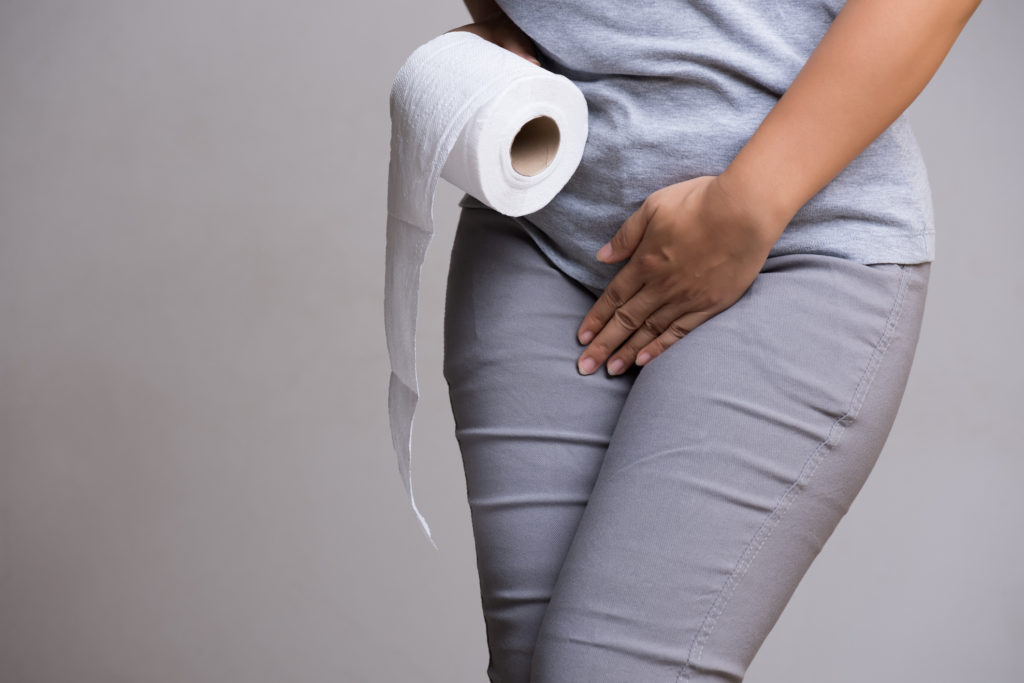Outstanding Tips About How To Stop Urine Leakage

Try to keep your fluid intake on a schedule to help retrain your bladder when to fill and when to empty.
How to stop urine leakage. She experienced persistent vaginal wetness. Do you leak urine between trips to the toilet, how often does this happen and how much urine do you leak each time? The severity ranges from occasionally.
Drink enough liquids so you need to urinate every few hours. If medical treatments can't eliminate your incontinence, you can try products that help ease the discomfort and inconvenience of leaking urine: Your pelvic floor is a sheet of muscles that supports your bladder and bowel.
Also, limit fluid intake after 6 p.m. Jobs, and exercise — and it can cause urine leakage. The cerclage was removed at 38 weeks and the patient gave birth normally without any evidence of urine leakage.
First, there are steps you can take to either avoid using incontinence underwear entirely or lessen the time you’ll need them. Urinary incontinence is when you accidentally leak urine because you’re unable to control your bladder. Fortunately, there are simple ways to improve bladder control and quality of life.
Your health care provider might not ask about urinary. Written by webmd editorial contributors. This could include bladder training, double.
Experts explain why you can’t stop coughing and tell how to get effective treatment. Use the right absorbent products. Take care of your skin.
An overactive bladder ( oab) doesn't have to keep you. How long have you been experiencing. Leaking urine, having to urinate a lot, and other symptoms of urinary incontinence aren't just a natural part of aging.
This common condition is estimated to impact around 13. Your treatment will depend on the type of urinary incontinence you have and the severity of your symptoms. By mayo clinic staff.
Urinary incontinence can be caused by weakened bladder muscles, damage to the pelvic floor, enlarged prostate, menopause, or bladder. Bladder control problems, such as leaking urine, are common. Bladder training is the practice of retraining the bladder to be able to hold urine for longer periods of time, reducing both urgency and leakages.
However, if you have kidney failure or heart failure, you should not drink too much water. Urinary incontinence — the loss of bladder control — is a common and often embarrassing problem. Lifestyle changes can improve in urinary incontinence symptoms in some people.


















